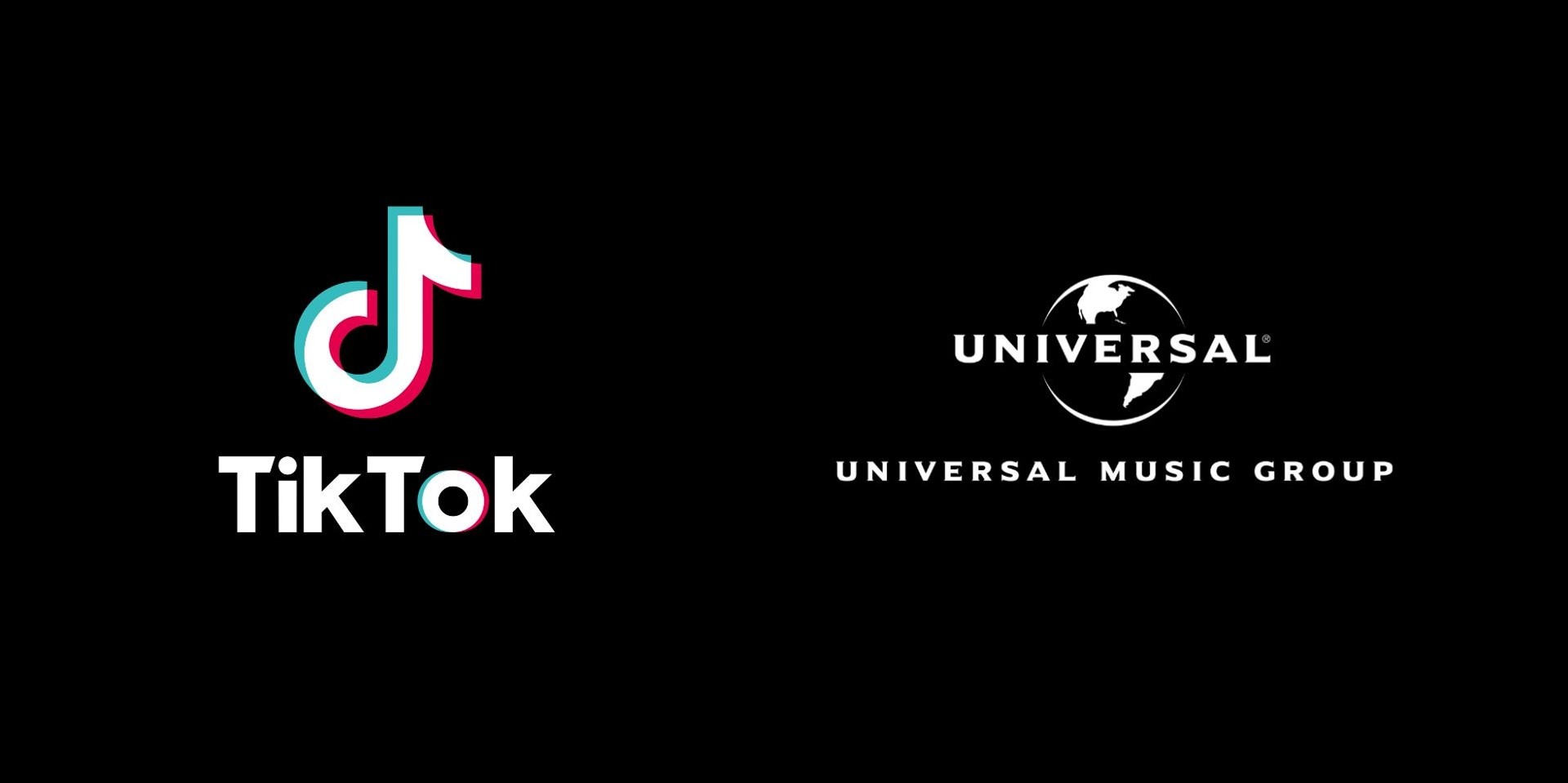Universal Music Group (UMG), one of the world’s largest music companies, announced that it could not reach a new deal with TikTok due to disagreements over artist compensation and artificial intelligence (AI). UMG claimed that TikTok attempted to pressure them into an agreement that undervalued their content, prompting UMG to cease licensing its content to the app when their current agreement expires on January 31.
Artists affiliated with UMG include renowned names such as Taylor Swift, Bad Bunny, Sting, The Weeknd, Alicia Keys, SZA, Drake, Billie Eilish, Kendrick Lamar, Ariana Grande, and many others. TikTok, owned by Chinese conglomerate ByteDance, is a widely popular short-form video app known for users creating and sharing videos featuring licensed music.
UMG accused TikTok of proposing compensation rates for artists and songwriters that were significantly lower than those offered by other major social platforms. UMG argued that despite TikTok’s extensive user base and growing ad revenue, it accounted for only about 1% of their total revenue. The music company emphasized that TikTok was attempting to build a music-based business without adequately compensating artists.
The second contentious issue was related to artificial intelligence (AI). UMG expressed concern that TikTok flooded its platform with AI-generated recordings, creating a risk of diluting the royalty pool for human artists. TikTok allegedly sought a contractual right that would allow AI-generated content to replace human-created music. UMG criticized TikTok for not adequately addressing infringing content and offered no meaningful solutions to content adjacency problems, hate speech, bigotry, bullying, and harassment on the platform.
UMG claimed that when they proposed solutions to address these issues, TikTok responded with indifference and later attempted to intimidate them into accepting a deal that undervalued music. TikTok allegedly selectively removed the music of some developing artists during negotiations while keeping content from global stars.
UMG asserted that TikTok’s tactics aimed to use its platform power to harm vulnerable artists and pressure UMG into accepting an unfavorable deal. Despite the pressure, UMG stated its commitment to fighting for fair compensation for artists and songwriters, emphasizing the creative and commercial value of music.
In response, TikTok accused UMG of prioritizing greed over the interests of artists and songwriters. TikTok highlighted its role as a promotional and discovery platform for talent with over a billion users, expressing disappointment that UMG chose to walk away from their support. TikTok claimed to have reached artist-first agreements with every other label and publisher.
The public dispute between UMG and TikTok underscores the challenges in negotiating deals between music labels and digital platforms, particularly regarding compensation for artists and the impact of AI-generated content on the music industry.


Leave a Reply